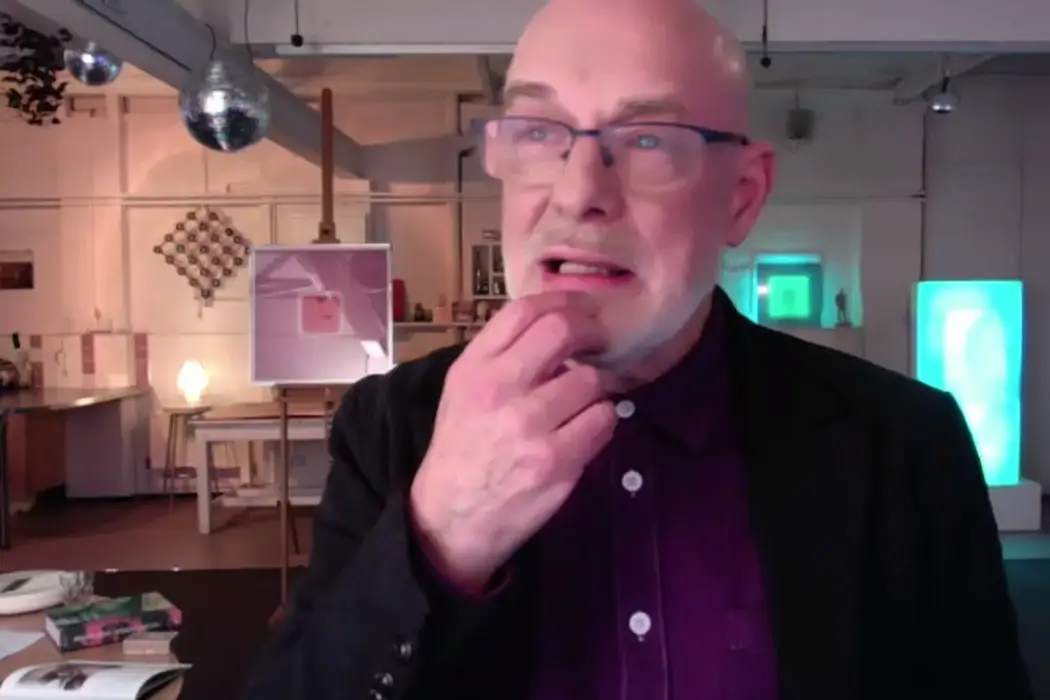The first few days of January offer an excellent opportunity to take time to think through your vision for the year. Your vision can be for your company or organization, your team, your career, or even your life overall. What would you like to be able to say on 31 December as you look back over the year? What about even longer time frames?
Before you get too caught up in the day-to-day, before your calendar fills up with back-to-back meetings, block out an uninterrupted two hours that you can dedicate to this essential work.
I generally recommend taking this time during your regular working hours rather than during time off. While many of us tend to keep very blurry boundaries between work and not-work, I find that this scheduling approach makes people more likely to keep the appointment with themselves. It also contributes to maintaining a bit of balance, rather than adding two hours to your workweek.
Before you keep reading, I suggest you schedule it now — this blog post can wait. Putting your vision session on your calendar as an unbreakable commitment to yourself is essential.
In fact, you should treat that appointment the same way that you would with a top specialist or expert. It should take a real emergency for you to consider rescheduling it once you book it.
(Truth be told, I think we would all be a lot better off if we treated our own time as if it were scarce and precious, but it’s hard to stay true to that ideal in our demanding, fast-paced, fluid world.)
Now that you have your vision session scheduled, you can take some time to decide precisely what you want to do with that time. Everyone’s approach differs based on their circumstances and the scope of the vision they want to imagine, but some general guidance applies in most situations.
Before you begin, remember to be as bold as possible. Focus on aspirations, and think more about how it would feel, what it would be like, to achieve them. You can get realistic about obstacles, risks, and metrics another time.
To give your session some structure, think in advance of topics you want to cover. I find it helpful to phrase these as 5 – 6 questions to ask myself. Other techniques can be writing a letter to yourself, writing a speech or narrative, creating a press release, or outlining a presentation.
Whatever you do, document everything – in writing or recorded, however you prefer.
As I suggested above, start with the headlines and make them as big as possible. Focus on change and transformation, focus on contribution. The bigger they are, the more impact you will imagine, either individually or collectively.
Make sure you spend at least 50% and preferably 75% of your session time on the widest possible aspirational thinking. Push yourself to answer your questions with more depth and ambition, to make your story more of a blockbuster, and think through a lens of how you will change and save the world when you get there.
In the remainder of your scheduled time, you can start to come back down to earth by thinking about the difference between your current situation and your future vision. What assets and resources do you need (internal and external)? What obstacles do you have to overcome (internal and external)? What skills do you have to develop? Who can help you? What plans do you need to make?
This final segment of your session will give you a detailed roadmap for next steps, everything you need to plan, build, create, acquire, connect, and ultimately, realize that vision.
The year is young. A lot could happen. Plans may change and the world may tremble. But now is the perfect time to envision the outcomes you pursue. Even if your tactics shift and the details evolve, you can still keep your eye on that vision. By defining it for yourself, your teams, your company, etc., you take an active role in creating it as a possibility, rather than drifting through the year without having aspirations to draw on in your mind.
And one final tip…once you finish this work, find someone you can confide in them and tell them about your vision. Not asking for help, input, or anything other than witness. The telling of your vision makes it that much more real.




